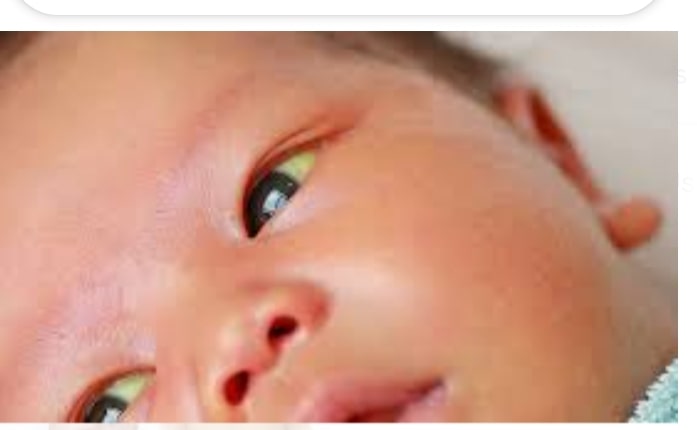Jaundice in Babies: Causes, Symptoms and Complications
Jaundice in Babies : Infant jaundice is yellow discoloration of the skin and the white part of the eyes. Infant jaundice is a common condition, and it occurs because there is excess billirubin in the babies’ blood. Billirubin is a yellow pigment of red blood cells. Even though infant jaundice is common, it can have serious consequences if it’s not treated appropriately. That’s why you need to know the causes, symptoms and complications of jaundice in babies.
Infant jaundice is common in babies born before 38 weeks gestation and some breast -fed babies. Infant jaundice occurs because the baby’s liver has not matured to get rid of the bilirubin from the bloodstream.
Others also read: Effect of Honey in Babies
Others also read: Complications Of Poor Oral Health In Pregnancy
See also: 10 Benefits Of Tomato Juice
Others also read: Why Pregnant Women Should Avoid Eating Papaya
Others also read: Deficiency Symptoms of Various Vitamins
Causes of Jaundice in Babies
Jaundice occurs when there is a build up of bilirubin in the blood. Bilirubin forms when red blood cells break down. This pigment is normally removed from the blood by the liver, but due to the immature nature of the baby’s liver, and may be due to some underlining condition, the child’s liver isn’t able to get rid of this pigment from the baby’s blood, causing it to accumulate in the baby’s blood.
1. Breastfeeding. Breastfeeding is the common cause of infant jaundice in healthy babies. This occurs due to interaction with breast milk. This interaction can prevent some babies from processing bilirubin in the liver. Some also get jaundice because they aren’t getting enough fluids. The mother is advised to continue breastfeeding the baby very often if the jaundice is not very serious, to keep the child hydrated so that the baby can urinate well and get rid of it from the body.
2. Infection in the baby’s blood (Sepsis)
3. Internal bleeding
4. A malfunctioning liver
5. When the baby’s bile duct is blocked or scarred. / Jaundice in babies
6. Viral and /or bacterial Infections
7. An incompatibility between the mother’s blood and the baby’s blood due to rhesus factor incompatibility.
8. An abnormality in the baby’s red blood cells which makes them break down rapidly.
Signs and symptoms
1. Yellowing colour on the skin, arm and abdomen.
2. Yellowish discoloration of the whitish part of the eye
3. When the baby’s urine is dark
4. When the baby has a light coloured stool
Complications of infant jaundice
1. Brain damage
2. Cerebral palsy
3. Hearing loss. / Jaundice in babies

